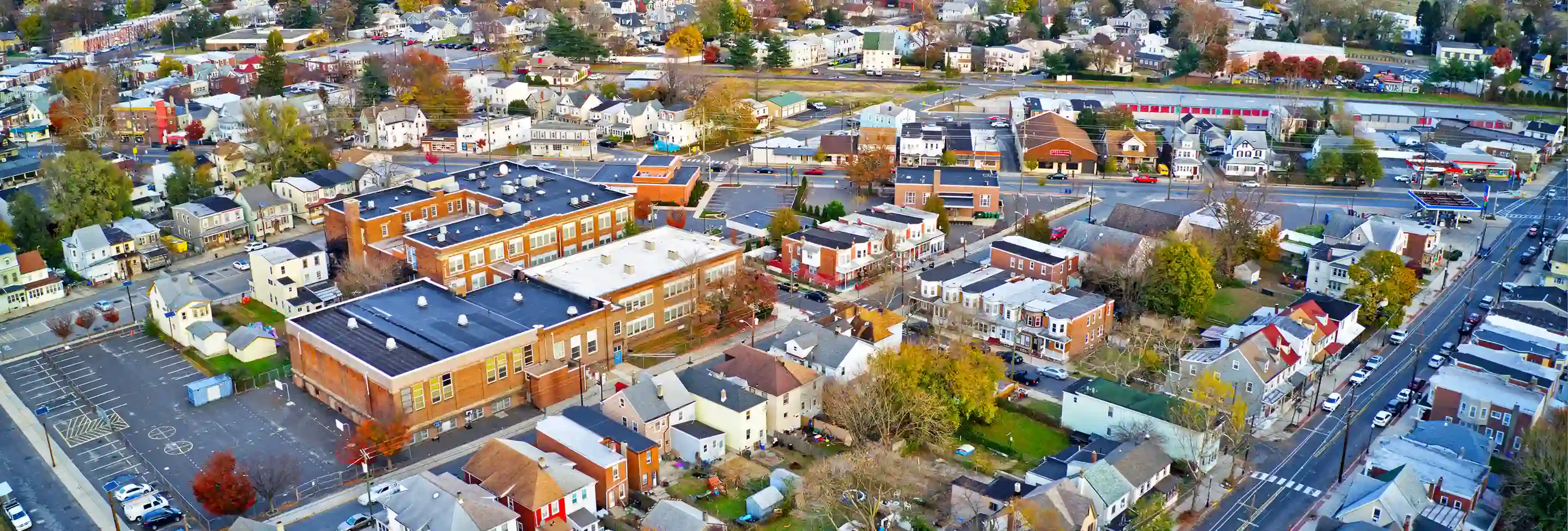What Happens if You Die Without an Estate Plan?
If you die without an estate plan in New Jersey, state intestacy laws decide who inherits your property, not you. Your spouse, children, or other relatives will receive portions based on state law formulas, regardless of your wishes. If no relatives can be found, your estate can even go to the state.
At Puff Sierzega & MacFeeters Law Offices, we usually see families face confusion, tension, and unexpected costs because their loved one never put a plan in writing. Our estate planning lawyers serving Gloucester County can explain your options, draft documents tailored to your situation, and make certain your estate is handled exactly as you intend and not left to state law.
Consequences of Dying Without an Estate Plan in New Jersey
When you pass away without an estate plan, the legal process can take months to years. The Gloucester County Surrogate’s Court handles probate for estates without wills. However, disputes commonly slow everything down.
Let’s say you die without a will after running a small construction business in Deptford. Your children disagree over how to divide equipment, property, and insurance payouts. The dispute has been dragging on for nearly two years and draining your estate with legal and appraisal fees. A simple will could have avoided that entirely.
What Else Can an Estate Plan Do?
A complete estate plan doesn’t just name heirs. It appoints guardians for your minor children, designates someone to manage medical and financial decisions if you’re incapacitated, and reduces the burden on your family after death.
Without these documents, your loved ones must petition the court to make even basic decisions, from accessing bank accounts to authorizing medical treatment. This can delay critical care and create unnecessary emotional strain on everyone involved.
Who Inherits If I Die Without a Will in New Jersey?
New Jersey’s intestacy statute provides that the state decides inheritance based on relationships, not personal preference. Here’s how it typically works:
- If you’re married with kids from that marriage, your spouse generally inherits everything
- When you have kids with a different partner, your spouse receives a portion, and the rest goes to those children
- If you’re single, your estate passes to parents, siblings, or more distant relatives, in that order
- When you have no living relatives, the property eventually escheats or goes to the state
These laws don’t account for unmarried partners or close friends. For instance, if you leave behind a long-term partner but no marriage license, your partner inherits nothing without an estate plan. Everything can instead go to your estranged relatives.
How an Estate Planning Lawyer Can Help Protect Your Family
A seasoned estate planning attorney can help you document your wishes clearly, so your loved ones aren’t left guessing. That includes drafting wills, setting up trusts, and preparing durable powers of attorney. Likewise, they can:
- Translate complex inheritance rules into plain terms
- Make sure your documents meet New Jersey’s legal requirements
- Prevent conflicts among family members by clarifying your intent
- Help lower taxes and prevent administrative delays
Let Our Attorneys Help Safeguard Your Future
At Puff Sierzega & MacFeeters, we believe that having an estate plan isn’t about wealth. It’s about control, clarity, and protecting the people who depend on you. For your confidential case evaluation in Gloucester County or the surrounding areas, our estate planning lawyers are available. Contact us online or call 856-845-0011.
Categories
Bankruptcy Contract Law Criminal Law Divorce Law Estate Law Insurance Law Moving Violations Municipal Law Personal Injury Personal Injury Law UncategorizedRecent Posts
Key Documents Typically Included in an Estate Plan